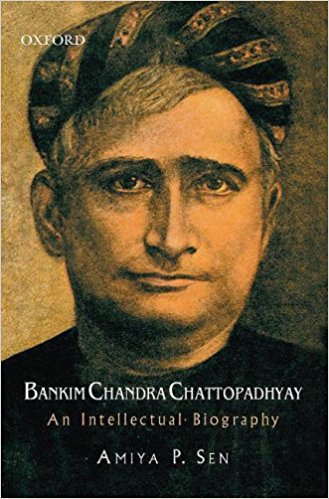Three miraculous events have happened on this earth: the birth of three men of great purity of soul (mahashuddhatma), many years apart in time—and in countries far away from each other. They taught the world a mantra of immense significance. The essence of that mantra was ‘all human beings are equal’.1
The Bankim who believed that Gautama Buddha, Jesus Christ and Jean Jacque Rousseau were born to redeem the human race is much less known today than the later Bankim who reflected on the philosophical implications of Hinduism. Today those who perceive Bankim as a revivalist may not know this early Bankim who was a passionate champion of egalitarianism, and influenced by John Stuart Mill, wrote strongly against gender iniquity. His views on caste were also unorthodox for his time.
In an essay titled ‘Freedom and Subjugation of India’ he had wondered if the injustice the brahmans had perpetrated on the shudras for centuries was not worse than British oppression of Indians.2

